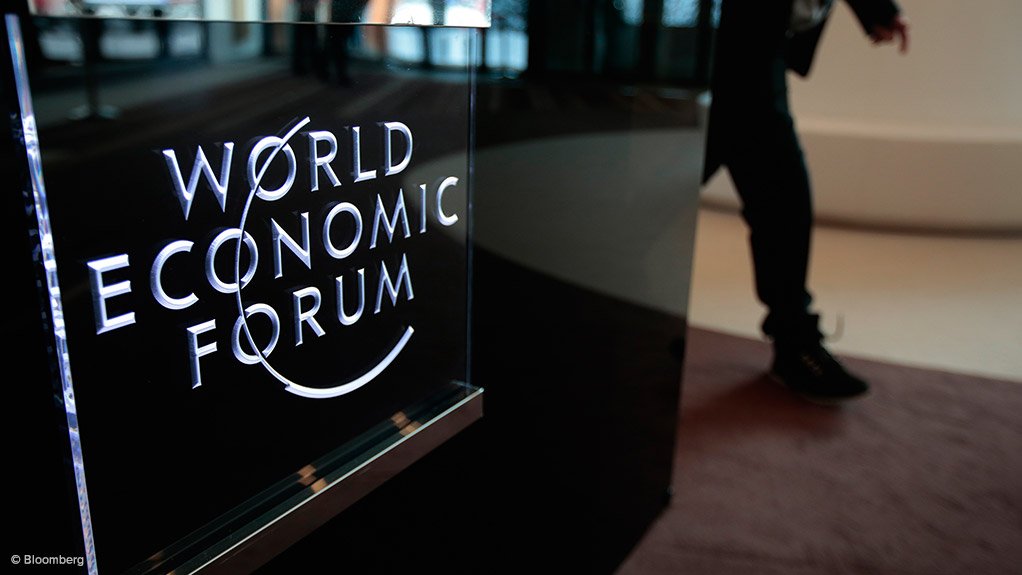South Africa has slightly improved its competitiveness score and ranking in the World Economic Forum’s (WEF’s) latest Global Competitiveness Index (GCI), registering marginal improvements in almost all aspects of competitiveness.
The 2016/17 GCI shows the African powerhouse moving up two rankings to 47 out of 138 countries this year, with its score increasing marginally from 4.39 last year to 4.47 in 2016.
“South Africa maintains its regional leadership in terms of financial markets, competition, infrastructure and education, despite recent challenges from exchange rate volatility, governance concerns and policy uncertainty, as reflected in the institutions pillar,” the WEF noted in its report on Wednesday.
Within the 12 index pillars ranked by the WEF, South Africa performed well in the financial market development index with a ranking of 11, followed by a ranking of 28 in the goods market efficiency index and 30 for business sophistication.
It ranked thirty-fifth out of 138 countries in terms of innovation, while technological readiness secured a ranking of 49 and market size ranked at 30.
“The most significant areas of progress include enhanced competition, both locally, [which was] up 13 places, and internationally, [which was] up 16 places; better use of talent in terms of how pay reflects productivity, [up 29 places to a ranking of] 98; and a small, but important, upgrade [by five places] in the quality of education, with primary school enrolments also now passing 97%,” the WEF noted.
The labour market efficiency, institutions, infrastructure and higher education and training index pillars obtained rankings of 97, 40, 64 and 77 respectively, while the macroeconomic environment pillar and the health and primary education pillar showed respective rankings of 79 and 123.
The WEF believed these shortcomings could limit South African competitiveness going forward, citing stalled infrastructure development, both in transport and electricity; diminishing institutional quality, with increased political uncertainty, less transparency and some security concerns; and less trust in politicians by business leaders.
“The slowdown of the Chinese economy and exchange rate volatility may dampen growth, now forecast at 0.1% for 2016. This makes it unlikely that the high unemployment rate will diminish soon, hampering the ability to leverage Africa’s democratic dividend,” the forum pointed out.
Meanwhile, sub-Saharan Africa’s competitiveness has slightly weakened year-on-year, mainly as a consequence of deteriorating macroeconomic environments, including a slowdown in the economies of trading partners and persistently low commodity prices, across the region.
However, five sub-Saharan Africa economies, namely Rwanda at 52, Botswana at 64, Ghana at 114, Tanzania at 116 and Sierra Leone at 132, have improved their GCI rankings by three to six positions and their scores by 2% or more.
Mauritius, ranking at 45, was the region’s most competitive economy.
“The region’s biggest losers this year are Zambia at 118, down an exceptional 22 positions, and Côte d’Ivoire at 99, down eight places —although its score fell by less than 2%,” the WEF said.
During the year under review, exacerbating the deteriorating economic conditions of the region were droughts that had affected several countries along the Horn of Africa and Southern Africa and political uncertainty as Cape Verde, the Democratic Republic of Congo, Ghana and Uganda entered election years.
“Health and security situations also impacted some competitiveness rankings, especially with continuing Ebola cases in Liberia and Sierra Leone and terrorist attacks in parts of West Africa, namely Côte d’Ivoire, Cameroon and Nigeria.”
EMAIL THIS ARTICLE SAVE THIS ARTICLE
To subscribe email subscriptions@creamermedia.co.za or click here
To advertise email advertising@creamermedia.co.za or click here











